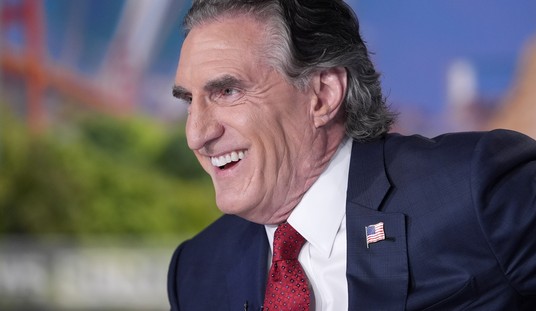Since the allegations about Jeffrey Epstein began making news more than a decade ago, there have been stories about how Epstein used private investigators to discourage some of the young women he had abused from participating in the legal effort against him. CNN re-reported on a few of these stories last month in the wake of Epstein’s arrest:
At least three private investigators who police believed were working on Epstein’s behalf tracked down accusers and possible witnesses to the alleged attacks, according to the police reports. They sat in black SUVs outside the homes of accusers, questioned their current and former boyfriends, and chased one parent’s car off the road, according to police reports and a lawyer for three accusers. Epstein’s current attorney Reid Weingarten denied in a court filing Thursday any knowledge of the alleged car chase and said if it happened, it was not authorized by Epstein.
“It was incredibly intimidating,” Spencer Kuvin, an attorney for three accusers, told CNN. “You have to remember these girls were 14 and 15 (years old) when this was happening.”…
“He had this team of maybe six to eight lawyers all pressuring not only the state’s attorney but the feds to drop all of this, saying that they were going to make these girls’ lives miserable,” recalled Kuvin.
But it turns out Epstein’s methods of intimidation weren’t limited to victims. Yesterday, NPR’s All Things Considered published a story about Epstein’s earlier efforts to prevent negative press about his lifestyle which began brewing in 2002. Specifically, Vanity Fair editor Graydon Carter had assigned a reporter named Vicky Ward to dig into Epstein’s background after he read a gossip story in the New York Post.
Ward got in contact with two sisters, Maria and Annie Farmer, who said that they had both been sexually abused by Epstein. Annie Farmer was just 15 at the time of the alleged incident. But before the story was published, Epstein got wind of it and showed up one morning in Graydon Carter’s office:
“He was torturing Graydon,” says John Connolly, then a Vanity Fair contributing editor, who reported on crime and scandal.
Epstein beseeched Carter and berated him, Connolly says, that morning and subsequently, in a flood of phone calls. Epstein denied to Carter any misconduct and wanted him to steer away from the subject.
In March 2003, Vanity Fair did publish Ward’s piece. Titled “The Talented Mr. Epstein,” it took a tough look at Epstein’s lavish lifestyle and questioned the origins of his fortune.
It did not report the Farmers’ accusations of abuse.
According to Graydon Carter, the refusal to publish the explosive allegations about the Farmer sisters wasn’t the result of Epstein’s pressure campaign but because reporter Vicky Ward didn’t have three sources on the record to support their claims. But both Famer sisters and their mother say they spoke to Ward and were prepared to go on the record.
“We decided to share our story about Jeffrey Epstein and Ghislaine Maxwell with a writer for Vanity Fair in 2002 because telling other people what happened to us, as we had already done, did not lead to either of them being held accountable,” they wrote in a statement for this article. “We spoke on the record. Our mother spoke on the record.”
“It was terribly painful,” the Farmer sisters wrote in a statement for this article. “We hoped the story would put people on notice and they would be stopped from abusing other young girls and young women. That didn’t happen. In the end, the story that ran erased our voices.”
Whatever the reason, the worst allegations about Epstein weren’t part of the final story. But that apparently wasn’t good enough. After the story appeared in print, Graydon Carter found a bullet placed outside his door. Of course there was no proof who had left the bullet but Carter and his editor Connolly both believed it had been a message from Jeffrey Epstein.
And that wasn’t the last such message Carter received. When the investigation of Epstein began gearing up in Florida a few years later, Carter sent Connolly to Florida to cover it. Connolly was attempting to secure interviews with some of the Florida victims when he got a call from Carter. This time, instead of a bullet, Carter had found a severed cat head in his back yard. Again, there was no way to prove who put the head there or why but Connolly is confident it was another message from Epstein:
“It was done to intimidate,” Connolly tells NPR. “No question about it.” (Others who worked for Vanity Fair at the time said the cat’s head was the talk of the office.)
Connolly tells NPR he voluntarily decided to stop pursuing the subject for the magazine. He later wrote a nonfiction book about Epstein with the bestselling crime novelist James Patterson.
Jeffrey Epstein was a monster who abused young girls and used his money to roll over his opponents in court and bully and threaten his victims and those who might tell the truth about him. I have no doubt that he was behind these incidents but he didn’t do this himself. It’s just a shame that no one else who was involved has gone to jail.








Join the conversation as a VIP Member